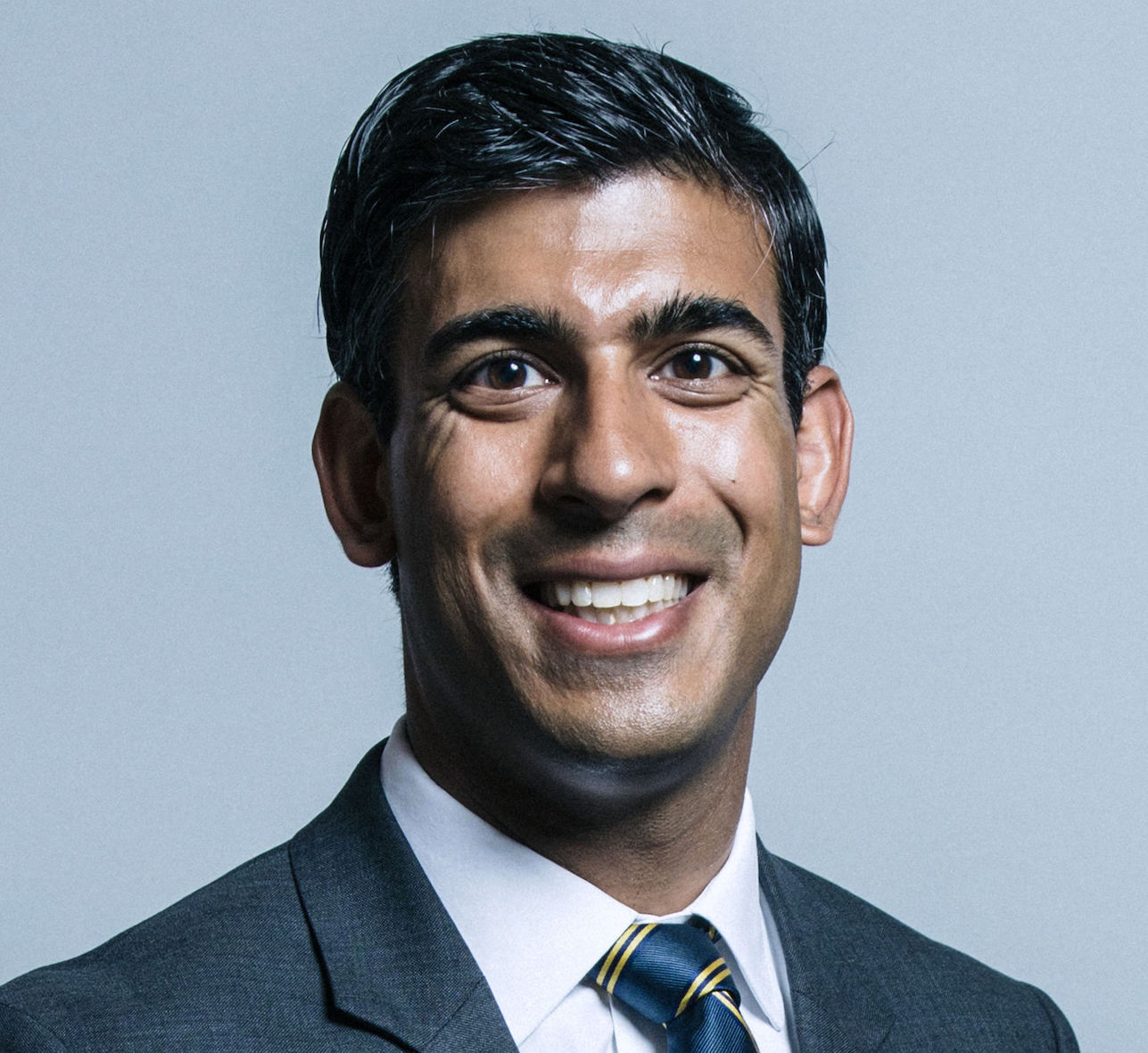HMRC has clawed back more than £2.5bn from the High Income Child Benefit Tax Charge since its introduction in January 2013, according to new figures obtained from a Freedom of Information (FOI) request.
The FOI, acquired by financial adviser NFU Mutual, revealed that the tax charge has also saved the government an estimated £4.3bn, as more than half a million families have opted out of receiving child benefit.
NFU Mutual has warned that unless the £50,000 threshold – which hasn’t changed since 2013 – is reviewed in the Chancellor’s Budget on March 3, the tax could start affecting basic rate taxpayers.
“The £50,000 threshold hasn’t changed since it was introduced in 2013, meaning that more and more families have been caught as incomes have increased,” commented NFU Mutual chartered financial planner, Sean McCann.
“In 2013, 40% income tax was payable on income over £42,475. The £50,000 child benefit threshold was set at a level perceived to be a ‘high income’.
“Since then, the point at which 40% income tax becomes payable has risen to £50,000, while the threshold for the ‘high income’ child benefit tax charge has remained the same.
“If, as expected the threshold for paying 40% income tax increases above £50,000 in the Budget, we could see some basic rate taxpayers impacted by the charge for the first time.”
NFU Mutual also noted that the figures come after an HMRC clampdown on those who fail to declare and pay the tax. Compliance checks made by HMRC nearly doubled from 63,591 in 2018/19 to 125,594 in 2019/20, and 96% of those checks resulted in a tax bill.
“Many are unaware of this complex tax and the fines for failing to pay it,” McCann added. “Even if you’re paid through PAYE and don’t normally complete a tax return, if you’re the highest earner in your household, with income over £50,000, the onus is on you to tell HMRC and pay the tax.
“If you have a pay rise or move in with a new partner who claims child benefit, you could be caught, even if they’re not your children.
“The good news is that anything you pay into your pension is knocked off your income before the charge is assessed. If it reduces your income below £50,000, you won’t need to pay the charge.”
Latest News
-
Average UK house price surpasses £300k – Halifax
-
Bank of England holds base rate at 3.75%
-
Mortgage Advice Bureau acquires Dashly
-
Bridging loans fall to lowest average completion time in eight years
-
Regulators announce first six firms to join ‘Scale-Up Unit’
-
House prices recover month-on-month in January – Nationwide
Perenna and the long-term fixed mortgage market

Content editor, Dan McGrath, spoke to head of product, proposition and distribution at Perenna, John Davison, to explore the long-term fixed mortgage market, the role that Perenna plays in this sector and the impact of the recent Autumn Budget
The role of the bridging market and technology usage in the industry
Content editor, Dan McGrath, sat down with chief operating officer at Black & White Bridging, Damien Druce, and head of development finance at Empire Global Finance, Pete Williams, to explore the role of the bridging sector, the role of AI across the industry and how the property market has fared in the Labour Government’s first year in office.
NEW BUILD IN FOCUS - NEW EPISODE OF THE MORTGAGE INSIDER PODCAST, OUT NOW

Figures from the National House-Building Council saw Q1 2025 register a 36% increase in new homes built across the UK compared with the same period last year, representing a striking development for the first-time buyer market. But with the higher cost of building, ongoing planning challenges and new and changing regulations, how sustainable is this growth? And what does it mean for brokers?
Does the North-South divide still exist in the UK housing market?

What do the most expensive parts of the country reveal about shifting demand? And why is the Manchester housing market now outperforming many southern counterparts?
In this episode of the Barclays Mortgage Insider Podcast, host Phil Spencer is joined by Lucian Cook, Head of Research at Savills, and Ross Jones, founder of Home Financial and Evolve Commercial Finance, to explore how regional trends are redefining the UK housing, mortgage and buy-to-let markets.
In this episode of the Barclays Mortgage Insider Podcast, host Phil Spencer is joined by Lucian Cook, Head of Research at Savills, and Ross Jones, founder of Home Financial and Evolve Commercial Finance, to explore how regional trends are redefining the UK housing, mortgage and buy-to-let markets.
© 2019 Perspective Publishing Privacy & Cookies










Recent Stories